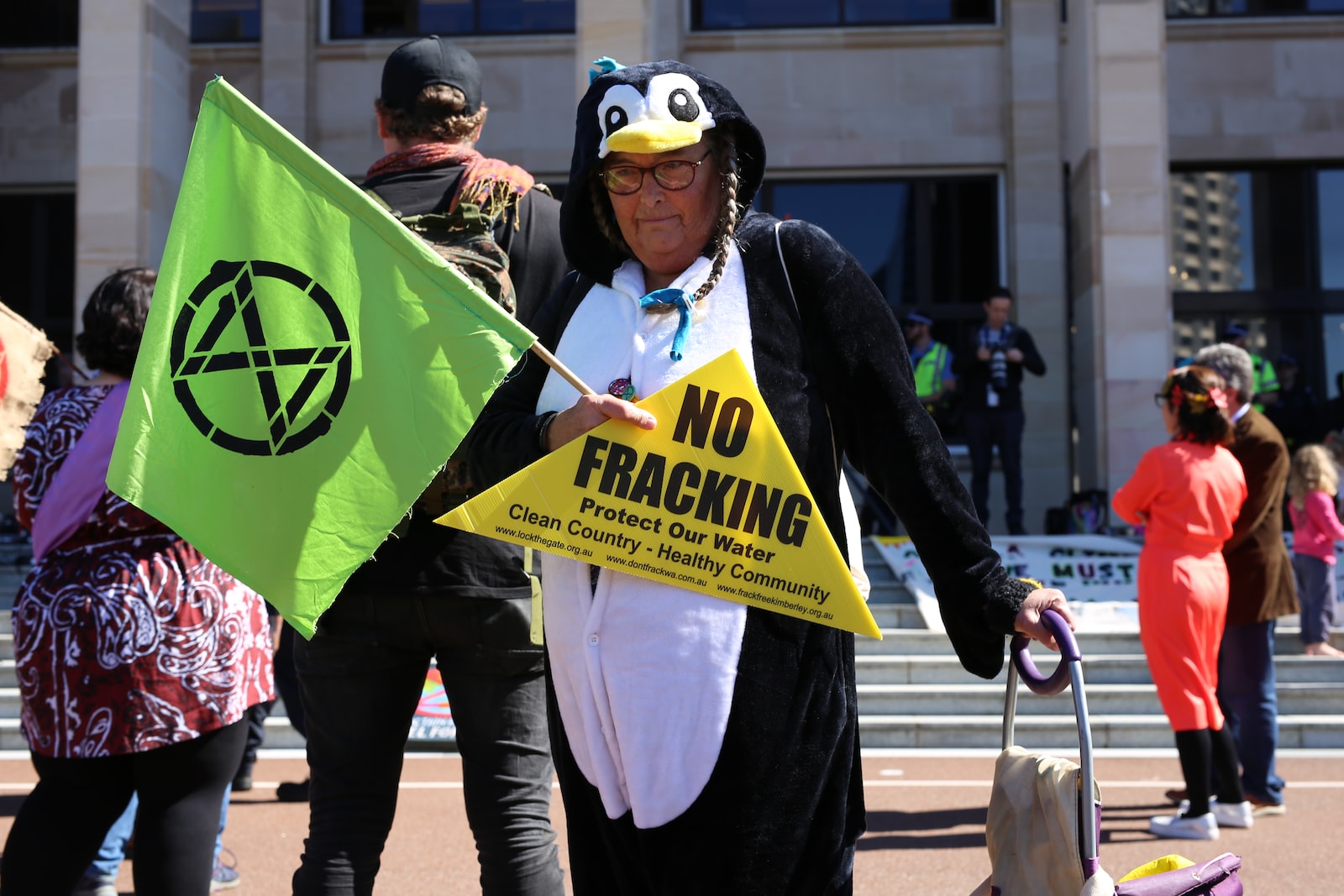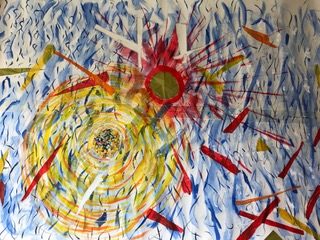
Living in Love and Faith – What the Church of England Really Thinks
September 17, 2022
Frack Now. Repent – But Not At Leisure
September 22, 2022There are times when you can understand the world only with the help of a theological framework. Without one, things simply don’t make sense. The twenty-four hour queue of thousands for an opportunity to pause for a few seconds to behold the Queen’s coffin affords one such moment.
I spent the week leading up to Saturday 17th September 2022 co-leading a retreat for a group of Citizens UK Community Organisers. The death of the Queen remained real to us, but – speaking for myself – I didn’t really appreciate the significance of the phenomenon that was unfolding on the streets of London, until I returned home. I woke up to hear the Bishop of Southwark reflecting on the queue – or perhaps, more accurately, The Queue. He characterised it as a form of pilgrimage: made up of individuals who had responded to an individually-felt imperative, set off for London, joined the queue; met and spent time with strangers who became valuable companions on the way; had their few seconds of silence before the coffin; hugged their new friends, then departed, changed by a moment that they will probably remember forever. And the journeying was as important as the destination. Fascinating. As was his reflection that Southwark Cathedral had become a way-point of stillness and silence for the ‘pilgrims’.
The title of our retreat was ‘Still Small Voice: Contemplation and Action in Community Organising’, and we dwelt in 1 Kings 19. Elijah hides in his cave waiting for the Lord to pass by. There is a raging wind, which breaks mountains in half, but God is not in the wind. There is a terrifying earthquake, and God isn’t in that either. There is fire, and God remains absent. Finally, there is a sound of sheer silence. We are not told that God is there, but it brings Elijah to the mouth of the cave where he is haunted a second time by a voice asking, ‘What are you doing here, Elijah?’
‘What are you doing here’ has been a common journalists’ question to those in The Queue. The answers are many and varied, and there is an often unspoken hint that people can’t really articulate a full answer. It’s something they have simply felt moved to do. To be part of something bigger than themselves; to ‘pay their respects’; to participate in a moment the likes of which they have not seen before and will probably never see again. It has an ineffable quality, as spiritual activities often do.
I sensed a profound connection with the themes of our retreat. We dug deeply into Dorothee Soelle’s ‘Mysticism and Resistance’. Her passion for democratising mysticism enables us to understand that contemplation can be revolutionary. Soelle speaks of three stages of mysticism, which are not linear, but woven together like the ‘cord of three strands’ of Ecclesiastes 4:12, ‘not easily broken’ – ‘being amazed’, ‘letting go’, and ‘resistance and healing’.
Radical amazement comes in moments of being ‘broken open’, through experiences that stop us in our tracks and make us realise how small and limited our world has become. A question put by the poet Rumi is, ‘Why, when God’s world is so big, did you fall asleep in a prison of all places?’. These are things that awaken us to the imprisoning effects of the daily grind of our lives: a courageous act that is out of our comfort zone; an encounter with another’s acute pain and suffering; a sense of ecstasy when we grow beyond our own self-imposed limits; beauty, sex, nature; the death of a Sovereign after nearly a century. All shift our relationship with the world.
‘Letting go’ is about relinquishing our ego and false desires – often to possess things and people and be in control. Invitations to ‘let go’ always tend towards justice and liberation. Where we have power we will be invited to let go of privileges that may cause us to damage others; when we lack power we will be invited to let go of practices and self-images that damage ourselves and deprive us of agency.
Resistance comes from connecting deeply with others. We resist what causes division, within ourselves, and between ourselves and others and the planet. As we do so, we feel a growing sense of oneness. An injury to another feels like my own injury. We no longer need to ask, ‘is it worth working for justice?’ when the task seems so huge and the gains feel so meagre, because we never stop fighting for those who are ‘our own’; those we claim as kin.
I suggest that something deep in the Queen’s soul knew when it was time to die – to let go. On a practical level, she had managed to see in the new Prime Minister. On a more profound level, though, her leaving now has created a necessary space for a process of ‘coming together’, both within the UK and across the world. The isolation of lockdown and the many losses and separations endured during the pandemic can heal only through a resurgence of togetherness. A rediscovery of collectives. Amidst the cataclysmic din of climate change that has raged around us through heat waves, floods, fires and droughts, we are called by the imperative of a new solidarity. It is time.
You can be a Republican and appreciate the potential of the mood that is emerging as we mourn the Queen. You can be passionately committed to a holistic decolonisation process to tackle the roots of systemic White Supremacy across the globe, and still recognise it. You can wholeheartedly believe that democracy is the only just form of government in our world, and the best imperfect way to protect the common good, whilst also ‘being amazed’ that the loss of one who inhabited her sovereignty in an apparently ego-less way is indeed a huge loss. And you can be a fervent monarchist and miss all of this.
To be human is to inhabit a paradoxical realm, seeking a way of being that holds tensions creatively. We mourn whilst finding joy in the company of strangers; we find solace in movement so the stillness can speak to us more clearly; our silence has meaning when it is born from sound. The ‘still small voices’ of silence before the Queen’s coffin are profound. Our theology must attend to what’s going on with compassionate curiosity, connect it with our deep and diverse traditions, and bring it into an analysis of the present. As I see it, The Queue reveals that we both need and desire what Joanna Macy calls ‘work that reconnects’. Now is the time to get on with it.
Alison Webster is General Secretary of Modern Church and Mission Theologian in Residence at Citizens UK




